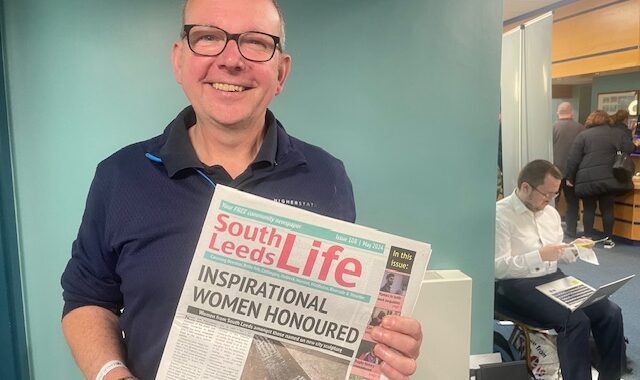Hyperlocal: relating to a very specific and often small community or geographical area.
I discovered that definition after a 20-second Google search, but it’s good enough for me.
At the Centre for Community Journalism Conference last year I found myself arguing that for news, hyperlocal applied to print … yet the prevailing mood in the room was that hyperlocal was an online-only phenomenon.
There was an obsession with finding digital answers for ‘very’ local news when the solution is there, literally, in black and white.
It was impressive to hear the stories of digital innovation but in equal measure it was depressing to hear of the difficulties in making any kind of living out of local news online.
When one delegate described his years of digital innovation then signed off by saying his plan was to create a print magazine to make money, I nearly walked out.
The conference report was outstanding in its analysis of the digital hyperlocal world … and equally notable for the 35 recommendations for the future which did not mention print at all.
Turning away advertisers

South Bristol Voice, part of the Voice franchise
The facts are…across the country, printed, free, hand-delivered publications are generating millions in advertising revenue.
Some are simply ad mags, others glossy lifestyle affairs and in Bristol, as in other places, we have a news magazine which focuses on small, well defined areas.
In our 10 communities, we distribute nearly 100,000 of our Voice magazines every month.
One of our publications has now reached the point that it needs to turn away adverts because it has reached the capacity of the printing press. We operate with a strict 50:50 ad/editorial split.
Now we are not reinventing the wheel here. We will likely not win any Pulitzer Prizes.
But we are creating opportunities for publishers and jobs (part time, full time and freelance).
Our plans are to seek possibilities in new cities as well as cementing our presence in Bristol where we are looking to launch an 11th title.
Looking to the future
From day one, I have never said print is the only answer to the future of the profession. In time, we at Voice magazines may change to some new, perhaps as yet unimagined platform.
But for now and the foreseeable, as long as the magazine is of sufficient quality and has relevance for its readers, there is an audience and advertisers will respond.
To date, I simply do not see that in digital. If digital was working, everyone would be doing it, making money and dropping print.
We have tried to take a pragmatic view. We need a solid business foundation and an operation which is flexible enough to adapt as and when it makes sense to do so.
Frankly, I don’t care too much about definitions of hyperlocal. But if the word is to be digital only, and we remain obstinate about the possibilities of print, hyperlocal may soon become an unlikely anachronism.
Rich Coulter is the publisher of FiltonVoice and joint director of Local Voice Network, which publishes 10 news magazines in and around Bristol.
Homepage image is copyright Newspaper Club.




